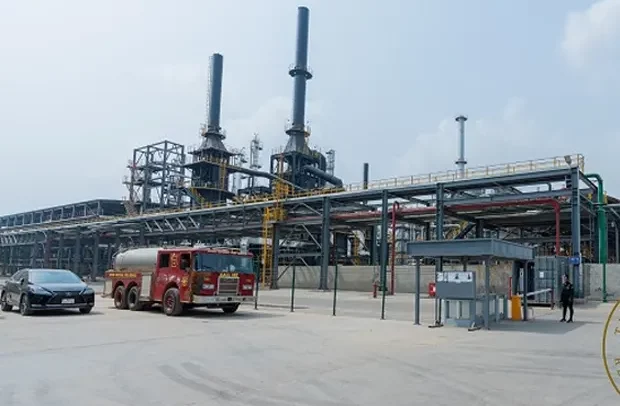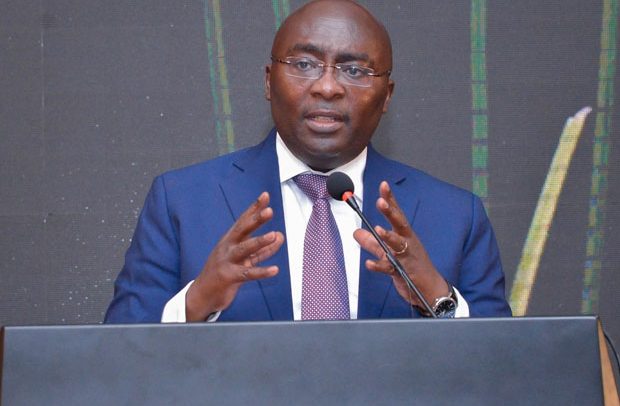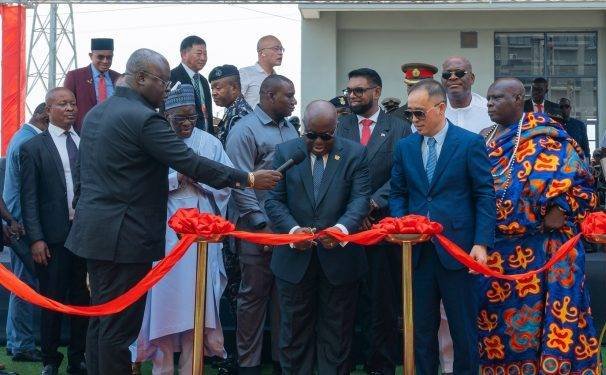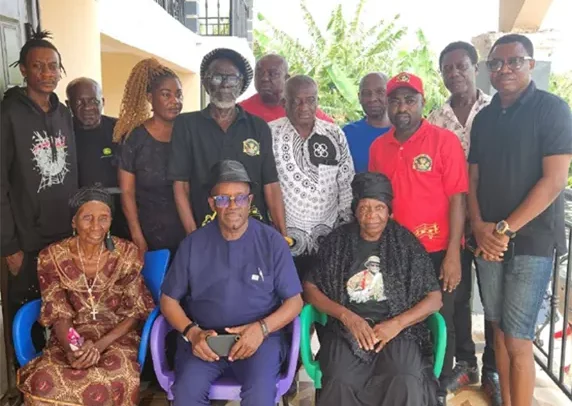
There is no reason why Ghana should not be refining her own bauxite, and Government is putting in place the necessary legislation and infrastructure to establish a bauxite refinery in the next two to three years, Vice President Dr Bawumia has disclosed.
A bill seeking to set up a Bauxite Development Authority to facilitate the establishment of an Integrated Aluminium Industry will be submitted to Parliament early next year after broad consultations, with the private sector expected to play a key role as part of Government's quest to create jobs and foster greater inclusion in national development.
The Vice President made these disclosures when he took part in a panel discussion on the topic "The Private Sector and SDGs" at the High Level African Roundtable on Mobilizing Support And Accelerating Implementation of the Sustainable Development Goals (SDGs) held in Accra on Tuesday December 12, 2017.
"Our goal is to have an aluminium refinery in Ghana in the next two to three, years, possibly by 2019. We are going to look at the power and other issues, but there is no reason why we should not be refining our gold or bauxite. There is a clear direction that the President has set, we will go with the Bill to Parliament early next year, and we will move on with the establishment of the refinery.
"We already have an aluminium smelter and we have the bauxite mine; we just need the middle thing, which is the refinery, and then we will see value addition to our minerals."
The establishment of the Aluminium industry would be further evidence of Government's resolve to partner the private sector to achieve the UN Sustainable Development Goals (SDGs) and make the life of the ordinary Ghanaian better, Vice President Alhaji Dr Mahamudu Bawumia indicated.
According to Dr Bawumia, achieving the SDGs would benefit both the private sector, who would have a healthy, skilled work force, and Government which would have fulfilled its obligation to the citizenry to provide a safe, healthy and economically sound environment for growth.
"At the end of the day we have to ask the question: what is the opportunity cost of us not achieving the SDGs? We will have a lot of hunger, we will have a lot of poverty, we will have issues with sustainability of the environment, and so on. That picture of what would happen if we don't achieve the SDGs makes it therefore very imperative, and in the interest of the private sector, that we do achieve the SDGs.
"Then we would have a more prosperous society, a more educated workforce and a healthier population and these are all necessary brickworks that would make the private sector do very well.
"If we achieve the SDGs it would mean that the necessary investments have been made, and those investments present a huge opportunity for private sector participation in national development.
The Vice President acknowledged government's recognition of the crucial role played by the private sector in achieving the SDGs.
"The private sector is going to be very key because the type of resources we need to invest in achieving the SDG cannot be provided by the public sector alone; it is just not feasible. The public sector is going to be there as a partner, to make sure that the investment climate is therefore conducive for the private sector to participate."
Read Full Story















Facebook
Twitter
Pinterest
Instagram
Google+
YouTube
LinkedIn
RSS